Skepticism in Preševo valley over deal
Residents of Preševo and Bujanovac in southern Serbia do not expect much from a deal on the principles for reconstruction of the Coordination Body.
Saturday, 28.03.2009.
11:47

Residents of Presevo and Bujanovac in southern Serbia do not expect much from a deal on the principles for reconstruction of the Coordination Body. Some in this region – home to the largest ethnic Albanian population in the country outside of Kosovo – only heard about the agreement on the day it was signed. Skepticism in Presevo valley over deal Representatives of political parties in Presevo hold it against municipal president Ragmi Mustafa that he did not consult or notify them beforehand. Mustafa himself says that eight years ago the Coordination Body was used to invest in infrastructure, but that the most important issues of the Albanian ethnic minority were not solved, and that he does not expect that participation in government organs will change this. "We have sufficient experience that they have absolutely not been fair so far. The Coordination Body did not manage to solve the crucial questions of the Albanians in the Presevo valley, that is, the use of mother tongue, use of national symbols, improvement of education," said he. Local opposition parties say they have not been consulted. "I learned form you that the representatives of the local self-government in Belgrade signed an agreement on the return of Albanians," said Democratic Union of the Valley leader Skender Destani. "I wouldn't say of Albanians, but related to the return of the local self-governments to the framework of the Coordination Body." "I think there is a great difference between the local self-governments and the Albanian representatives," said Destani. Beside the significance it has for ethnic Albanians, the agreement also envisages that in the future Serbs would become part of the local administrations in Presevo and Bujanovac, from where they have been completely excluded. After a three-year absence, Albanians from southern Serbia returned to the Coordination Body for Presevo, Bujanovac and Medvedja, with the document signed in Belgrade on Friday.
Skepticism in Preševo valley over deal
Representatives of political parties in Preševo hold it against municipal president Ragmi Mustafa that he did not consult or notify them beforehand.Mustafa himself says that eight years ago the Coordination Body was used to invest in infrastructure, but that the most important issues of the Albanian ethnic minority were not solved, and that he does not expect that participation in government organs will change this.
"We have sufficient experience that they have absolutely not been fair so far. The Coordination Body did not manage to solve the crucial questions of the Albanians in the Preševo valley, that is, the use of mother tongue, use of national symbols, improvement of education," said he.
Local opposition parties say they have not been consulted.
"I learned form you that the representatives of the local self-government in Belgrade signed an agreement on the return of Albanians," said Democratic Union of the Valley leader Skender Destani. "I wouldn't say of Albanians, but related to the return of the local self-governments to the framework of the Coordination Body."
"I think there is a great difference between the local self-governments and the Albanian representatives," said Destani.
Beside the significance it has for ethnic Albanians, the agreement also envisages that in the future Serbs would become part of the local administrations in Preševo and Bujanovac, from where they have been completely excluded.
After a three-year absence, Albanians from southern Serbia returned to the Coordination Body for Preševo, Bujanovac and Medveđa, with the document signed in Belgrade on Friday.










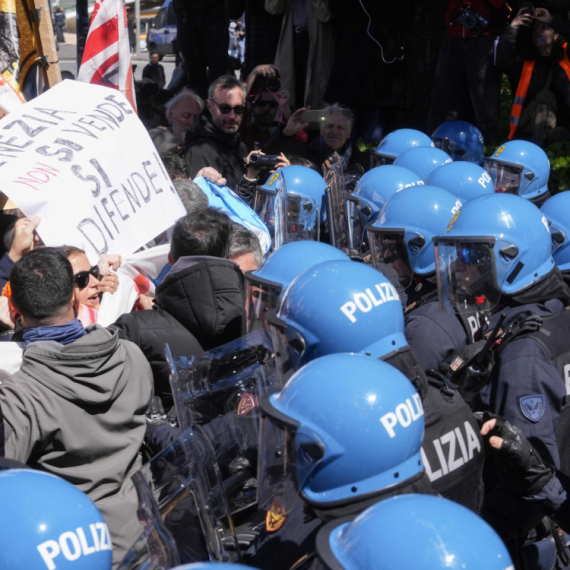
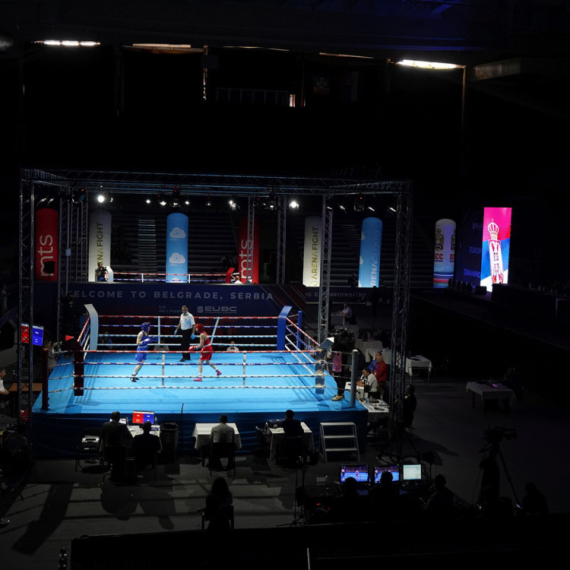
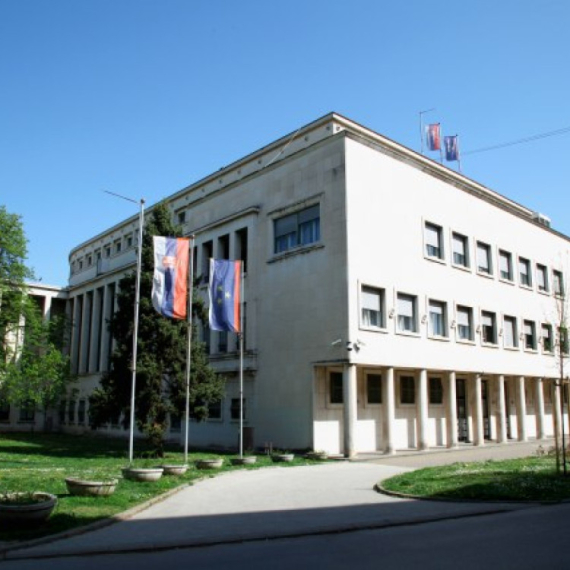












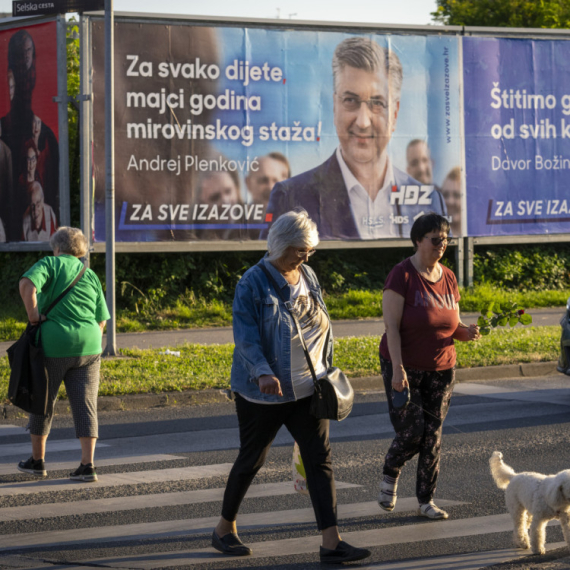











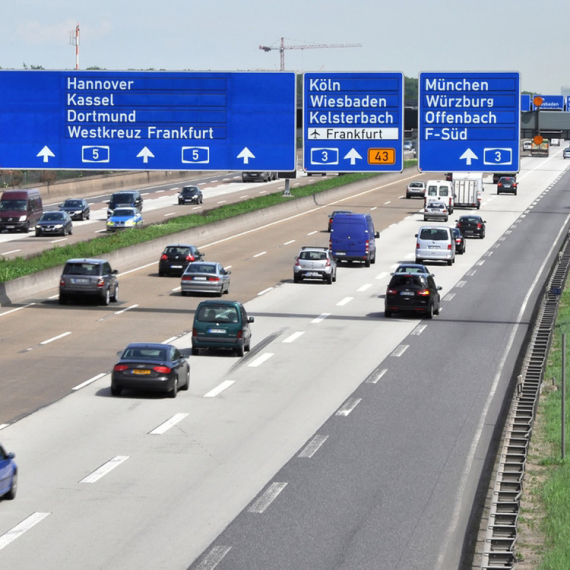





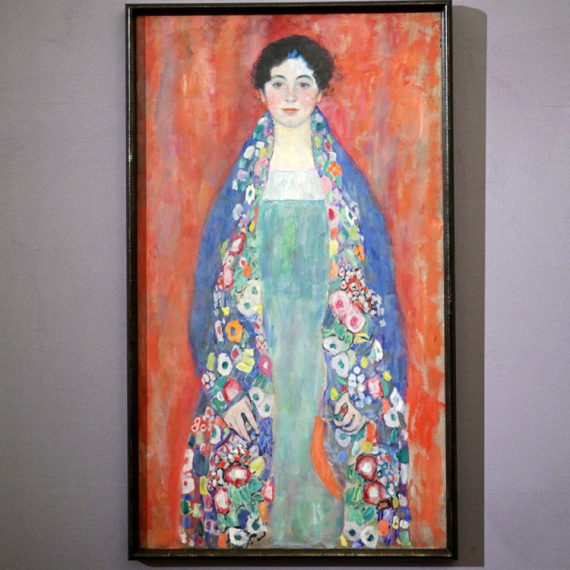

Komentari 1
Pogledaj komentare